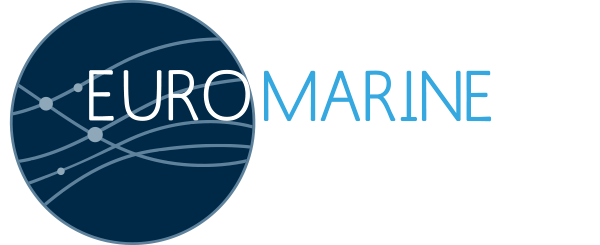NEWS
20 March 2019: OYSTER has announced a call for applications from Early Career Researchers to join. The call is open until 12 April 2019. For details on eligibility and how to apply, please see the call page.
OYSTER
The support and development of early career researchers is critical, as the first years of scientists can be the most active and stressful but also the most important in terms of career establishment. This is a key period where young scientists need mentorship to make informed decisions and priorities. At the beginning of 2018, the Young Scientist Working Group was established to explore how EuroMarine could better assist young scientists during this critical part of their career. That working group led to the assembly of a self-managing group of young scientists from across the EuroMarine Network. Their first-hand experiences, peer surveys and recommendations led to the successful funding of the Orienting Young Scientists of EuroMarine (OYSTER) working group. OYSTER aims to identify financial strategies with the aim of extending the lifespan of the Young Scientists Working Group to semi or even permanent status within EuroMarine, an arguably much needed and vital service, which is important to the wider scientific community for the present and future generations.
A working group will focus on identifying the motivations and concerns of young marine researchers within Europe and EuroMarine member institutions.
KEY OBJECTIVES
The working group, building off research conducted by the Young Scientists Working Group (YSWG), will conduct an assessment of the views, concerns and issues of young marine researchers within Europe and EuroMarine member institutions. From this assessment, the participants will discuss a plan for the dissemination of the outcomes to other EuroMarine members and to the broader community of Marine Scientists. This dissemination will include tangible outcomes, including a report, a presentation, and a manuscript for publication in a peer reviewed scientific journal. Finally, the working group will plan a way forward for the extention of the function and scope of the YSWG, and explore the potential of establishing a permanent presence within EuroMarine.
EXPECTED OUTCOMES
- A report, including overview of survey results, and an Action Plan to make the YSWG permanent
- a synthesis presentation for the EuroMarine Annual General Assembly
- Publication of survey findings
- Project proposal draft
EXPECTED IMPACT
This activity will identify and compile important concerns and issues from the wider young European natural scientific community in the hope of communicating this to the EuroMarine General Assembly. This information will directly benefit EuroMarine by highlighting young scientists’ perspectives on topics and issues potentially overlooked by senior scientists. Furthermore, by developing and proposing a set of early career research-oriented activities, this working group will support the EuroMarine objective of fostering services relevant to the marine scientific community. This will be practically addressed by the working group's outputs which will promote effective outreach to society, enable collaborative efforts on informing on a policy level, identify training and funding opportunities and advise on future needs.


